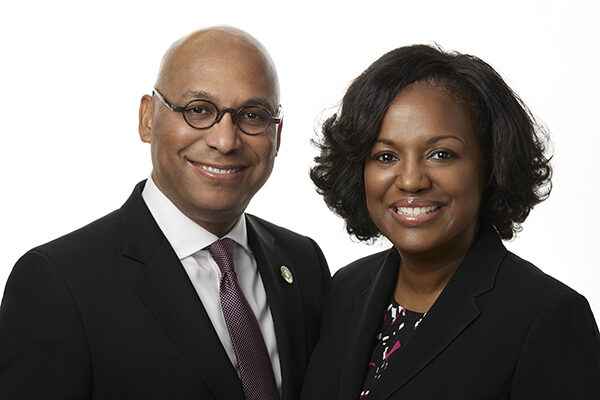I’ve been having a very difficult time with my 14-year-old daughter. When I give her chores to do by a certain time so that we can have dinner together as a family, she often disregards the time line I’ve set and still expects to join the family for dinner. I’m afraid she’s not learning responsibility, which will affect her for the remainder of her life. Please help.
Thank you for your important question. What you’ve described is a very common experience shared by parents of teenagers. You do well in being concerned about this behavior since nothing will change as your daughter gets older unless you’re intentional about helping her to set healthy boundaries that will assist her in developing responsible behavior.
Developmentally, teenagers are still in the process of becoming adults and in need of parental guidance to help them cultivate habits that will serve them well into adulthood. The choices you make to help your daughter acquire the needed aptitudes will determine whether she develops a healthy self-esteem or simply feels put down and inadequate.
One of the many challenges parents of teenagers often face is their teen’s desire for total freedom and their desire as parents for total control. In the process of trying to remain in control of the situation parents tend to overreact by yelling at their teens or putting them down when they don’t meet parental expectations.
Yet, what is truly important at this stage of the relationship is for parents to share with their teens in a very endearing way that freedom is earned and can be achieved by demonstrating responsibility. As parents help their teens to internalize this value, teens will have the opportunity to grasp and choose this behavior. It is all about connecting the dots on the notion that every privilege has a corresponding responsibility.
Parents must realize that children and teens—in fact, even adult children—are more likely to be interested in hearing what their parents have to say when there is an established relationship of kindness and love. This kind of relationship, to be sure, is one that can be created when parents choose to listen more and talk less. When parents become deliberate about giving attention to their children without judgment or put-downs, they will be more likely to create an environment of support and growth for the entire family. After all, no real and lasting positive change will take place in any human relationship—especially the parent-teen relationship—unless there is a tangible feeling on the part of the teenager that her parents deeply love and care about her.
Like everything else in life, acquiring new skills or developing new habits takes time. This means parents must be prepared to be patient, kind, gentle—and at the same time firm—in the process of supporting their teenager to make the link between responsible behavior and greater freedom and autonomy.
We encourage you with the words of Matthew 19:26, which say, “With men this is impossible, but with God all things are possible.”*
Trust God every step of the way, and He will give you the desires of your heart.
* All Bible texts are from the New King James Version. Copyright ã 1979, 1980, 1982 by Thomas Nelson, Inc. Used by permission. All rights reserved.


